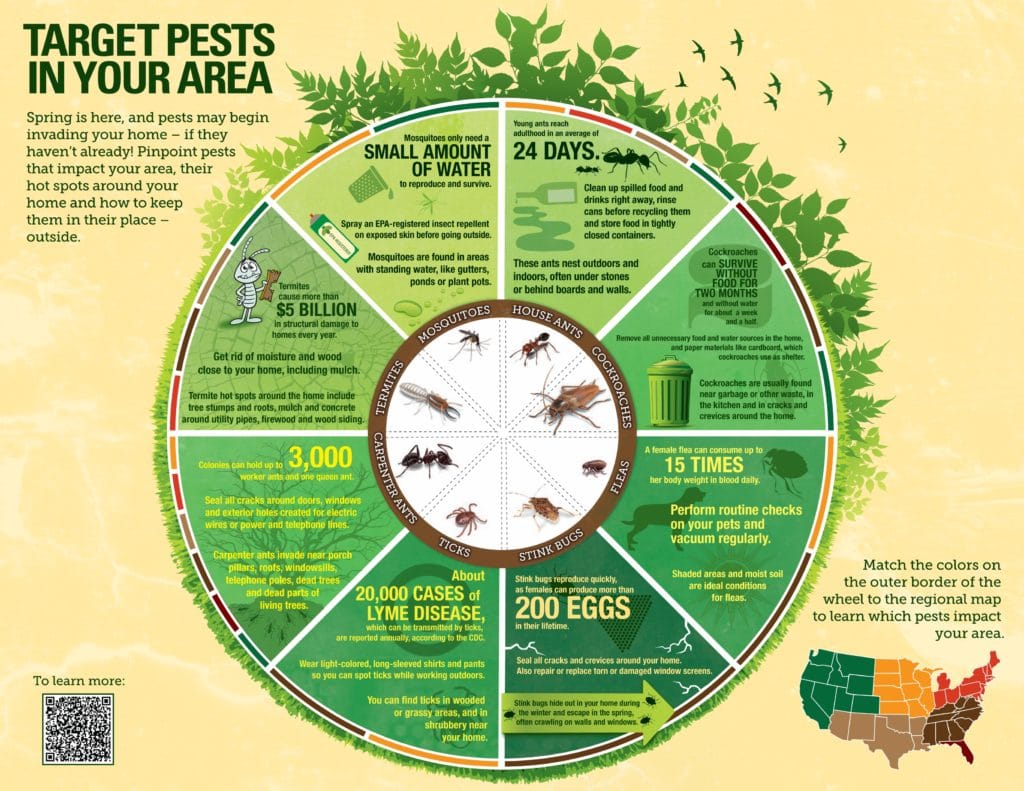Taking Care Of Rat Infestations: Insights Into Rat Psychology
Taking Care Of Rat Infestations: Insights Into Rat Psychology
Blog Article
Author-Bridges Krag
When it pertains to rodent control, understanding usual rodent behavior is vital to efficiently handling problems. Did you recognize that rodents have some remarkable nesting behaviors that might surprise you? By discovering their detailed habits, you can get important insights right into how to deal with rodent issues in a much more critical and reliable fashion. So, allow's unwind the secrets behind these creatures' activities and find out just how to outmaneuver them in your rodent control efforts.
Rat Nesting Behaviors
When observing rats in their natural environment, you'll see that they proactively choose materials to create their nests. Rats, such as mice and rats, are clever animals that make use of a selection of products like branches, leaves, paper, and fabric to build their homes. They're careful in their nest-building process, typically lining their nests with softer products like hair or plumes to create a relaxing atmosphere.
Rats like to build their nests in surprise and safe and secure places to shield themselves and their young from predators. have a peek at this website nesting spots consist of wall cavities, attic rooms, cellars, and also within insulation materials. By building their nests in these private areas, rats can safely increase their spawn away from potential threats.
It is vital to comprehend the nesting behaviors of rats when applying control measures. By interrupting their nests or getting rid of materials, you can inhibit rats from establishing a visibility in your house or residential property. Proper cleanliness and sealing entry factors are likewise essential action in preventing rodent invasions.
Rat Feeding Patterns
After observing rodents' nesting practices, it becomes apparent that their feeding patterns play an important function in their day-to-days live and behaviors. Rats, including mice and rats, are opportunistic feeders, suggesting they'll eat whatever food resource is readily available. They're largely nocturnal creatures, preferring to forage for food throughout the cover of evening to stay clear of killers.
best flea treatment for home have a diverse diet, ranging from grains, seeds, fruits, and veggies to bugs, nuts, and also tiny animals. This flexibility in their food choices permits them to thrive in various environments, consisting of metropolitan areas where human food resources are plentiful.
Their feeding patterns aren't only driven by appetite yet additionally by the need to stock food for times of shortage. This behavior is particularly recognizable to prepare for winter months or when nesting. Rats are recognized to hoard food in their nests or burrows, ensuring a constant food supply. Recognizing their feeding patterns is important in applying efficient rodent control actions to disrupt their food resources and prevent invasions.
Rodent Motion and Travel
Rodents browse their environments with dexterity and stealth, utilizing their keen detects to move promptly via their settings. These animals are adept climbers, able to range walls and upright surface areas easily. grub killer can likewise squeeze with remarkably tiny openings, making it critical to seal off any type of possible access factors in your home.
When it involves taking a trip, rats often tend to adhere to familiar courses, producing tracks along wall surfaces or skirting the sides of rooms. They're creatures of habit, commonly adhering to these developed courses as they forage for food or discover their environments.
Rodents are understood for their nighttime behaviors, so you might hear them hurrying around at night as they look for food and water. Their activities are quick and irregular, allowing them to dart in and out of view in the blink of an eye.
Recognizing just how rodents relocate and travel can aid you recognize prospective infestation areas in your house and take aggressive actions to prevent these bugs from obtaining a footing.
Verdict
As you work to regulate rodents in your house, bear in mind that understanding their habits is crucial. By recognizing their nesting behaviors, feeding patterns, and activity, you can efficiently stop invasions.
Coincidentally, by taking positive steps to remove food resources and seal off entry factors, you can disrupt their familiar paths and force them to seek out brand-new places, ultimately reducing the possibility of rodent visibility in your home.
